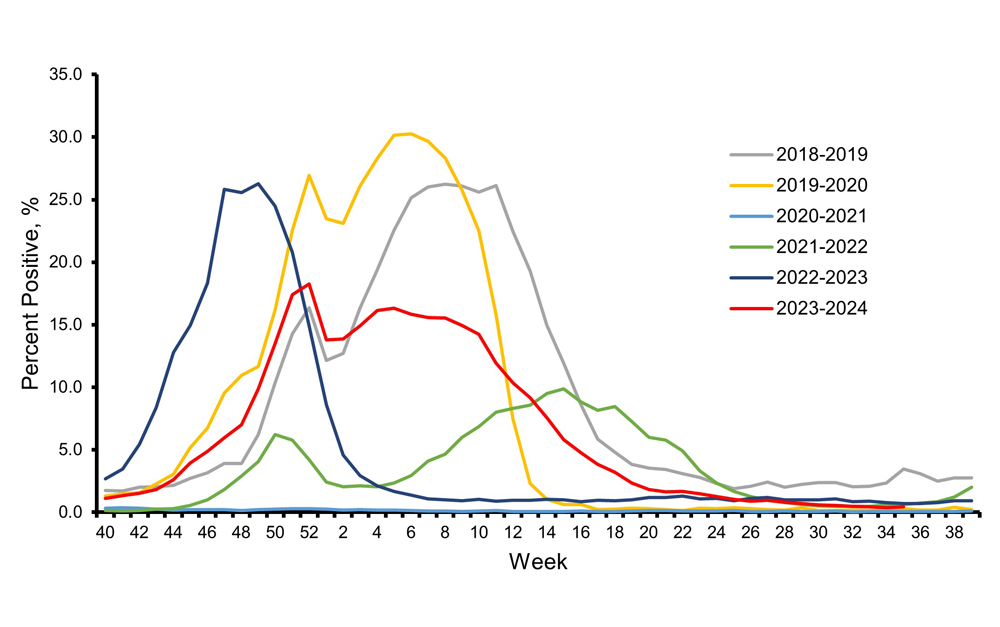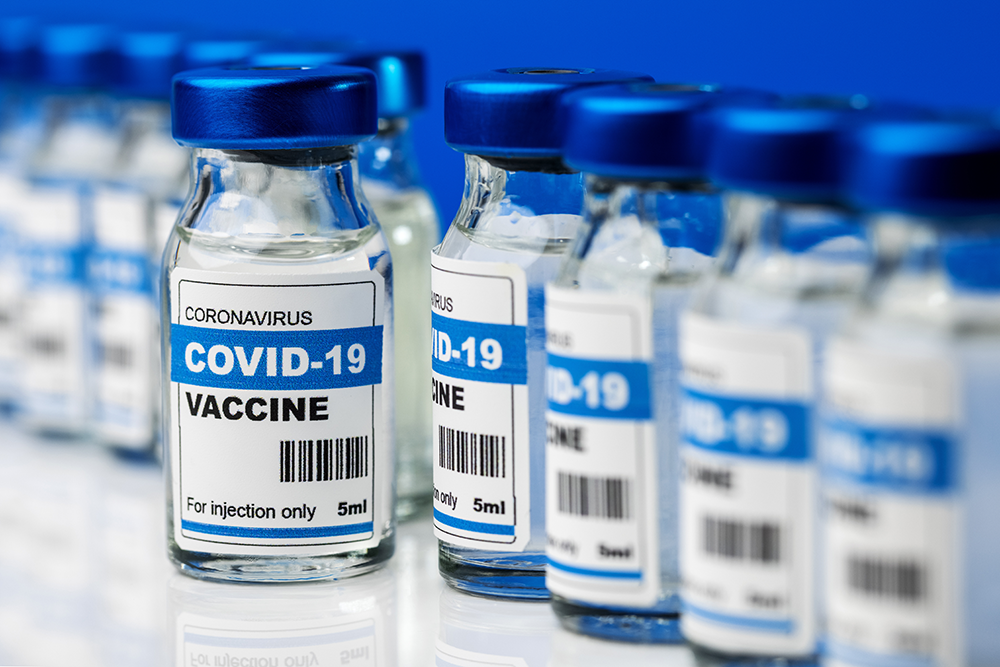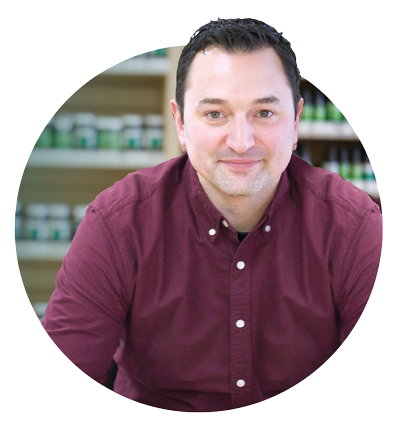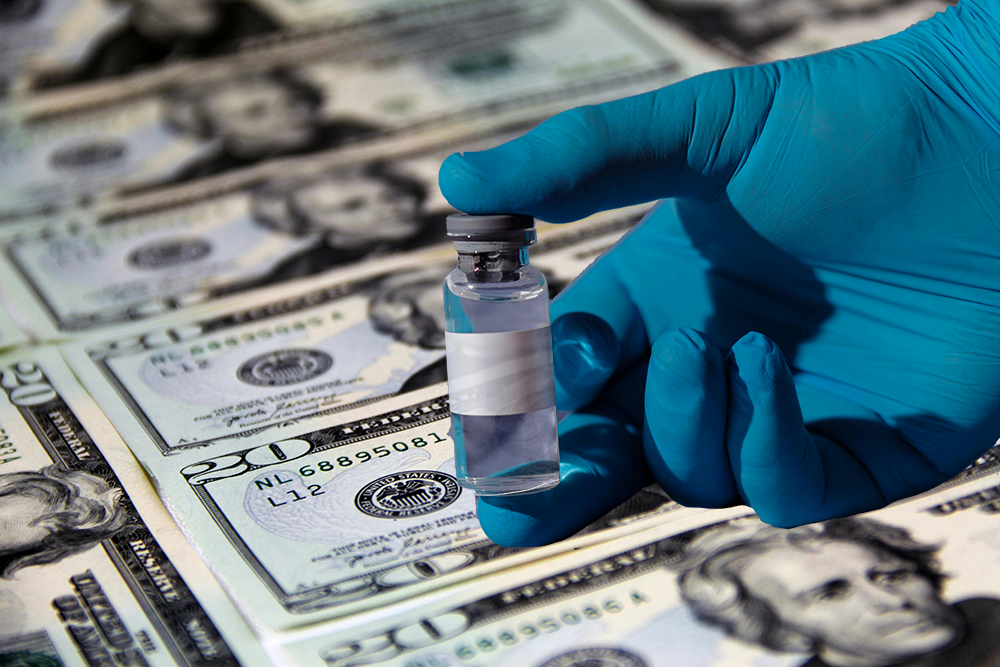Two things to be clear on, before I rant about irresponsible vaccine advocacy:
1. More people vaccinated is good.
Vaccination rates are abysmal across the country, with childhood vaccine rates falling nearly across the board. Our goal as immunizers and advocates for vaccines is to improve local, regional, and state vaccination rates to improve public health.
The more people vaccinated, the better. No matter what my argument below is, that fact remains.
2. The more vaccines I give, the more money I make.
On that point, I am specifically saying, “I” make more money and not “all healthcare providers who give vaccinations” make more money when they give more shots.
As I make the argument I’m about to, I don’t want it to seem disingenuous at all. I profit when I give vaccines. And I advocate for higher vaccination rates. One isn’t because of the other.
In This Article:
- Premature flu vaccine advocacy
- Providing COVID-19 boosters to ineligible patients
- Implementing aggressive metrics on frontline staff
- Sometimes Providers Should Say, “No.”

People Over Profit
Vaccination is the one arena of my pharmacy career and business where a desire to do good and serve aligns with “proper” compensation.
There’s something I want my patients (and readers) to understand: I believe profit DOES get in the way of the noble cause of vaccine advocacy. Because of the illogical reimbursement system and economic reality in pharmacy, any area where there is actual profit opportunity tends to be exploited.
To my point: I’ve witnessed megacorporations that own pharmacies playing games with vaccines to increase their profit, oftentimes in conflict with good medicine. Out one side of their mouth a corporation could say their goal is to improve public health, but in practice vaccine provision is only done along the line of least resistance.
The quest for profit has led to a hyper-competitive environment–that megacorporations are themselves creating–and this atmosphere is in conflict with good medicine and responsible vaccine advocacy.
There are three specifics I’ll cite:
- Recommending flu vaccines too early
- Providing COVID-19 boosters to ineligible patients
- Implementing aggressive metrics on frontline staff
These are pressures that patients can feel, which creates a sense of urgency (and anxiety) where it should not exist.
Recommending Flu Vaccines Too Early
Chain pharmacies, as of today (July 25th, 2025), have received flu vaccines and have started to advertise their availability.
The CDC recommends flu vaccines are optimally administered in October or November. So do we.
I think there’s probably a graph that shows why. Oh, here’s one:

Week 40 is approximately October 1st.
Here’s why promoting vaccines early is irresponsible:
- Protection lasts 5-6 months, and wanes quicker in elderly patients. You get one shot, so you want it to last.
- You want to be protected by November 1st, it seems, based on past activity. That means getting vaccinated in early October, as it takes 2 weeks to build immunity after immunization.
Chain pharmacies who promote and encourage flu vaccination early could LOWER a patient’s protection. They are misleading patients, plain and simple.
What SHOULD happen is what we and many other practitioners do: we dissuade people from taking flu shots until a more ideal time (with individual situations considered, of course). Even though we have them in stock and could make $$$.
Convincing patients to be immunized against well before it’s recommended is, in my eyes, unethical. The goal is to simply be the first out of the gate, to capture as much of the market as early as possible, clinical implications be damned.
Learn More: Getting the Flu Shot in 2025: When’s the Best Time?

COVID Boosters to Ineligible Patients
Currently, COVID-19 recommendations are universal, meaning everyone who wants one can get the new formulation each fall. Patients 65+, or those with immunosuppression, are eligible to get additional doses as a booster. And that’s really it.
Here’s how about 5% of our conversations go:
“I want the COVID shot.”
“You’re ineligible.”
“I can just go to __, they’ll just give it to me.”
During the pandemic, and regularly since, pharmacies (::cough:: CHAINS/CVS ::cough::) have been guilty of providing COVID-19 booster doses to patients who aren’t technically eligible.
Will this HURT someone? Nope.
Will this HELP someone? Perhaps. Slightly.
Is this cool to do? Absolutely not.
If you’re under 65 and healthy, getting one shot a year is all you need. In fact, it’s technically “too much.”
COVID-19 vaccines for low-risk people are a hot topic now. As we’ve covered very recently, there’s been discussion around making vaccines risk-based and not universal (as it is in most of the world). This means only folks with risk of severe COVID (hospitalization/death) should receive them.
The reason: healthy people have a low risk of severe infection from COVID. Less likely to go to the hospital or die.
Personally, I disagree with restricting to high risk people; we should keep vaccines universal to improve immunization rates and make it easier for providers.
BUT, that doesn’t mean I think we take it one step further and just give out shots willy-nilly.
Why would a pharmacist give extra boosters if not indicated? You’re overworked and don’t have the time, it’s hard to tell someone no and you don’t have the energy for it, your company wants to make money, and/or you have to or you’ll lose your job.
Learn More: Comparing COVID Vaccines: A Comprehensive Guide
Corporate Vaccine Metrics
It’s well known that megacorporation pharmacies put metrics on individual stores and pharmacists around EVERYTHING.
How fast they fill prescriptions, how many they fill, how many errors, how quickly they answer the phone. And how many vaccines they give.
Week-by-week and for the season, they have numbers they have to meet or they get their “manager” breathing down their neck. They get written up, they could lose bonuses or their job.
Note, this added pressure is on top of providing hundreds of prescriptions in unsafe working conditions.
While “go get ’em guys!” and “don’t leave any stones unturned” is a great attitude in a healthy environment, does anyone think that proper care can be provided in this framework? Are meaningful conversations happening? Is “shared clinical decision making” a thing here, or is it “sure take the shot why not I have numbers to meet”?
Sometimes Providers Should Say, “No.”
These 3 points seem nit-picky. They seem ranty. Many peers echo my sentiment, but some say, “let it go, just give the shots and make those dollars.”
Aren’t we sick of this hyper-capitalistic mindset? Just because I can be a shark doesn’t mean we should encourage vegans to go after seals. Is that an analogy that works? I don’t know. You know what I’m saying.
Pharmacy and healthcare reimbursement sucks and the business is at the brink. Everyone is looking to survive. That means a hyper-competitive state.
These chains suck the dollars from a community, funnel them back to the home office, then out to shareholders. Is this how healthcare should be? Is this public health?
It’s not good medicine. Our culture is set on financial opportunity rather than on good healthcare. We’re buying whatever snake oil or thing we want, whether or not we really should. The best practitioners are the ones that tell you what you DON’T want to hear because it’s good advice. It takes strength, because not too far from the “best” practitioners are the “yes” practitioners, giving someone any and everything they want to consume.
Vaccines SHOULD be a solid part of an accessible practitioner’s business. But it should primarily be about community and public health. It should be in the spirit of cooperation, not competition.
Practitioners should commit to “holding the line” by committing to responsible advocacy and diligent assessment. Provide vaccines with the background of best practices and science.
Again, providers: please provide. Give more vaccines. BUT, stop fighting tooth and nail to scrape the small piece of pie out and lick the plate dry; work to increase the pie for everyone. Stop competing in the hyper-capitalistic manner we’re so accustomed to. It’s gross. Instead walk together in a unified front to improve public health. More outreach, more education, more community.
And we consumers of healthcare have to be cool with “no.” We patients must also fight against irresponsible advocacy by being informed, staying calm and patient, and having someone they trust to advise them best.

Neal Smoller, PharmD
Neal is the founder and holistic pharmacist of Village Apothecary in Woodstock, NY. Established in 2010, the independent pharmacy offers a number of modern services like prescription syncing, vaccines, and home delivery, while maintaining an emphasis on natural products and wellness.
Faced with a deeply flawed supplement industry that puts company sales over customer safety and results, Neal established Woodstock Vitamins to meet his high standards for ingredient quality, dosage, ethical sourcing, and bioavailability.
